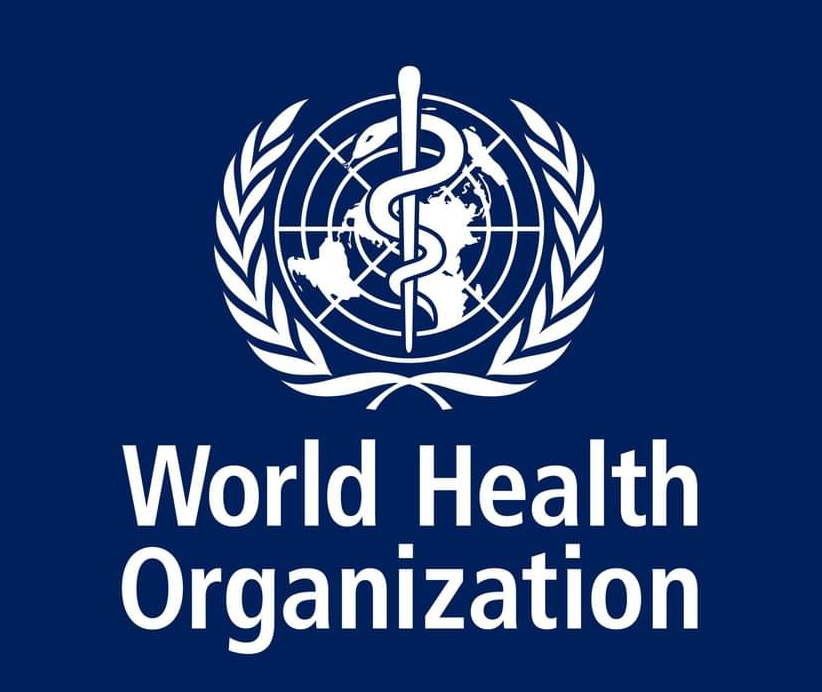
The World Health Organization (WHO) has urged member nations of its global tobacco treaty to ban or regulate E-cigarettes and other novel and emerging products of the tobacco industry, if they are yet to do so, in the interest of public health.
WHO made the call on Tuesday, 23 January 2024 at a virtual media workshop ahead of the 10th Conference of Parties to the World Health Organization Framework Convention on Tobacco Control (WHO FCTC – the global tobacco treaty) in Panama.
Treaty Officer (Legal Affairs) at WHO FCTC, Sabina Timco Jacazzi, noted that the tobacco industry’s novel and emerging products fall under the category of tobacco products.
Jacazzi was responding to a question on whether the COP was unfairly ignoring such products and whether such products were safe alternatives to cigarettes.
Jacazzi said: “The COP has adopted decisions on novel and emerging tobacco products, including heated tobacco products (HTPs), and electronic nicotine and non-nicotine delivery systems (ENDS/ENNDS). It has clarified that HTPs are tobacco products and are subject to the WHO FCTC.
“As for ENDS/ENNDS, the COP clarified that Parties that have not banned these should regulate them with the objective to prevent their initiation by youth and vulnerable groups, minimize potential health risks to users and those who are exposed to these products, prevent unproven health claims from being made about these products and protect tobacco control activities from commercial interests of the industry (tobacco and related to ENDS/ENNDS).
“In relation to the latest scientific evidence and policy recommendations on these products, I very much encourage checking the reports (by WHO and the Convention Secretariat) that will be considered at COP10, available online.”
The event, organised by the Network for Accountability of Tobacco Transnationals (NATT), featured experts from around the world, including Akinbode Oluwafemi, Executive Director, Corporate Accountability and Public Participation Africa (CAPPA).
Oluwafemi noted that the latest data showed a global decline in smoking but warned that the tobacco industry was adopting new tactics to deceive government officials and ensnare the public.
He said: “We’re having a trend now where the industry is trying to position itself as part of the solution and not the problem. That is also similar to what we had at the climate conference (2023 UN Climate Change Conference – COP 28) where the fossil fuel industry promoted net zero and some other false solutions.
“What are the false solutions now being promoted on our continent, and possibly on the global level? We have seen the influx of novel products, for instance, e-cigarettes, and attempts by the tobacco industry to subvert the Ministry of Health which is the ministry that champions the FCTCT implementation in-country.
“They go through the Ministry of Trade and Investment and other agencies of government in order to get backdoor legal documents for their products, and with that has been the influx of media articles, influencers online and social media campaigns, among others.”
Oluwafemi urged the media to be alert to conversations driven by the industry, adding that the tobacco industry is also increasingly using the so-called alternatives as an attack on the FCTCT process itself.
Other experts on the panel included Daniel Dorado, Tobacco Campaign Director, Corporate Accountability (CA); Labram Musah, Executive Director, Vision for Alternative Development in Ghana; Blanca Llorente, Research Director, Fundación Anaas in Colombia; Dr Tara Singh Bam, Board Director, Asia Pacific Cities Alliance for Health and Development (APCAT) in Singapore; and Shobha Shukla, Founding Managing Editor, CNS in India.










